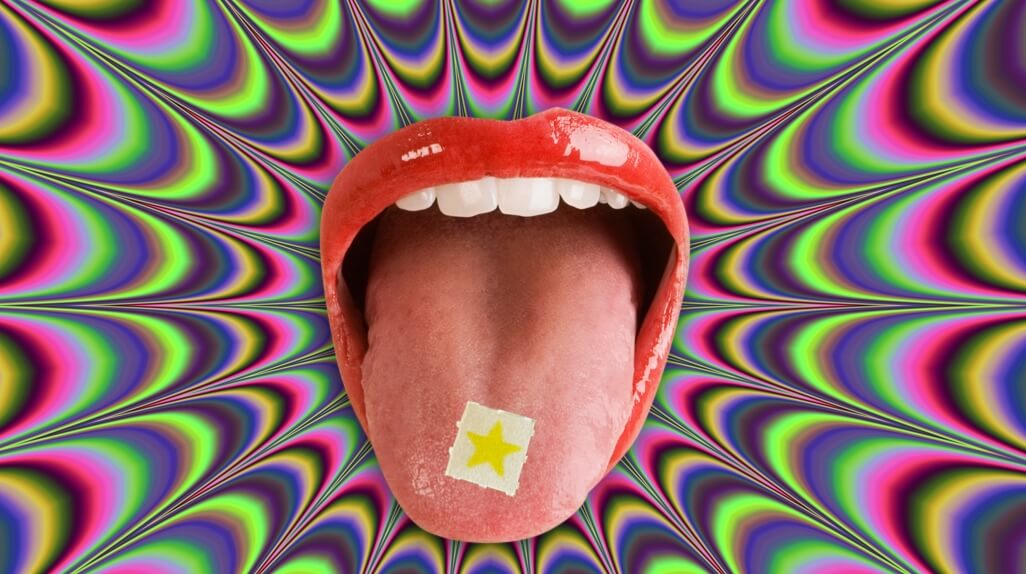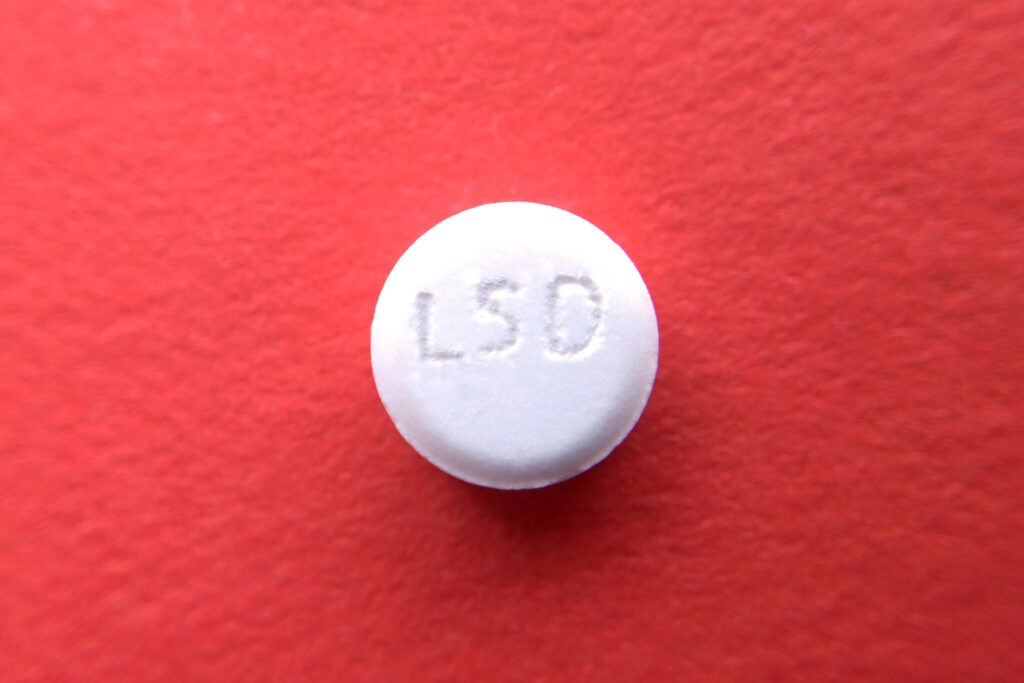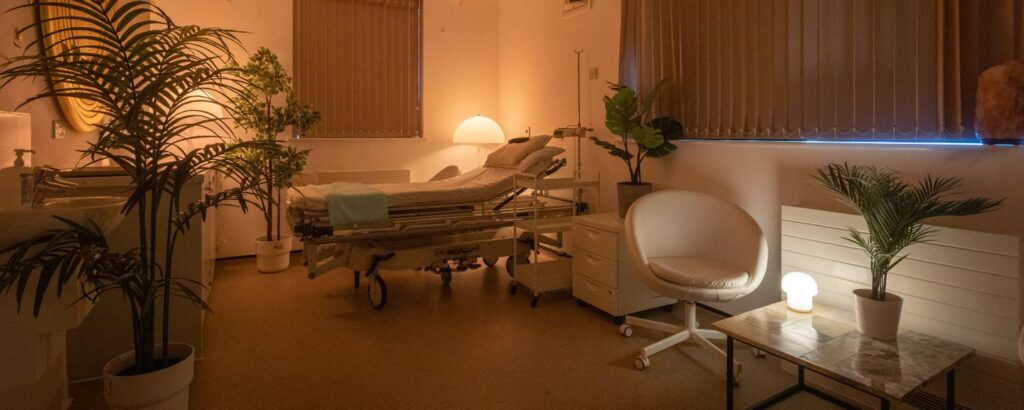LSD (Lysergic acid diethylamide) is a Class A controlled substance in the United Kingdom, meaning it is illegal to possess, supply, or produce. Under the Misuse of Drugs Act 1971, penalties are severe, with up to life imprisonment for supply and up to 7 years for possession. Similar laws apply across Ireland and most of Europe.
This in-depth guide provides everything you need to know about LSD’s legal status in the UK, Ireland, and Europe in 2025, including current laws, penalties, policy reforms, and scientific research.
H2: What Is LSD Understanding the Basics
LSD, or Lysergic acid diethylamide, is a psychedelic compound first synthesized in 1938. Known for its hallucinogenic effects, it has been both a subject of counterculture and scientific research.
Key points about LSD:
- It alters perception, mood, and thought patterns.
- It is taken in microgram doses, often on blotter paper.
- Effects last between 8–12 hours.
- It is not considered physically addictive, but it can have intense psychological effects.
LSD remains illegal for recreational use but is increasingly studied in medical contexts for mental health applications, including treatment-resistant depression and anxiety.
H2: LSD Legal Classification in the United Kingdom
LSD is classified as a Class A drug under the Misuse of Drugs Act 1971. This is the most serious classification, alongside substances like heroin, MDMA, and cocaine.
H3: Current Legal Status in England, Scotland, Wales, and Northern Ireland
LSD is:
- Illegal to possess
- Illegal to supply or produce
- Illegal to import or export
Legal classification reference: UK Government Drug Licensing
Cities affected by these laws include:
London, Manchester, Liverpool, Birmingham, Glasgow, Edinburgh, Cardiff, and Belfast. Enforcement applies nationwide.
Penalties for LSD in the UK:
- Possession: up to 7 years in prison, unlimited fine, or both.
- Supply and production: up to life imprisonment, unlimited fine, or both.
H3: Penalties for Possession, Supply, and Production
| Offence Type | Maximum Penalty |
|---|---|
| Possession | 7 years imprisonment, unlimited fine, or both |
| Supply or production | Life imprisonment, unlimited fine, or both |
| Import or export | Life imprisonment, unlimited fine, or both |
For young offenders, sentencing can include community service, fines, and other legal consequences.
H2: LSD Legal Status in Ireland
In Ireland, LSD is illegal under the Misuse of Drugs Acts 1977 to 2016. It is categorized as a controlled substance with strict penalties for possession and trafficking.
Cities under enforcement include Dublin, Cork, Galway, Limerick, and Waterford.
Penalties in Ireland:
- Possession for personal use: fines or imprisonment.
- Possession with intent to supply: up to 14 years imprisonment.
- Import/export: severe criminal charges.
Reference: Irish Government Drug Policy
H2: LSD Laws Across Europe
LSD’s legal status varies, but it is prohibited in most European countries.
Here’s a breakdown of major cities and countries:
| Country | Legal Status | Key Cities |
|---|---|---|
| Germany | Illegal, controlled substance | Berlin, Munich, Hamburg, Cologne |
| France | Illegal, controlled substance | Paris, Lyon, Marseille |
| Spain | Illegal, some decriminalization of personal use | Madrid, Barcelona, Valencia |
| Netherlands | Illegal (but tolerated in some cases for truffles) | Amsterdam, Rotterdam, Utrecht |
| Portugal | Decriminalized possession (small amounts) | Lisbon, Porto |
| Switzerland | Controlled but research permitted | Zurich, Geneva |
| Czech Republic | Decriminalized possession | Prague |
Reference: European Monitoring Centre for Drugs and Drug Addiction
H2: Why LSD Is Illegal in the UK and EU Legal Context Explained
LSD was made illegal due to:
- Public health concerns.
- Potential psychological risks.
- Political and cultural pressures during the late 1960s.
While there is growing interest in therapeutic use, governments remain cautious. Any LSD use outside of authorized research remains illegal.
H2: Ongoing Psychedelic Research and Medical Studies in the UK and EU
In recent years, research institutions in the UK and Europe have begun exploring the therapeutic potential of LSD and other psychedelics.
Key developments:
- Imperial College London runs a psychedelic research center studying LSD’s impact on depression and anxiety.
- Johns Hopkins (US) and European universities collaborate on controlled trials.
- Microdosing research explores cognitive enhancement and mood stabilization.
Potential benefits under medical supervision include:
- Reduced depressive symptoms.
- Increased emotional openness.
- Enhanced cognitive flexibility.
- Improved well-being in clinical settings.
⚠️ Important: This research is conducted in controlled clinical trials, not through unsupervised use. It does not change the drug’s legal status.
Reference: Imperial College Psychedelic Research
H2: Harm Reduction Education and Safety
Even where use occurs illegally, public health organizations emphasize harm reduction:
- Never use alone.
- Know the dose and source.
- Stay hydrated and in a safe environment.
- Seek medical help immediately if someone is in distress.
Resources:
Harm reduction aims to reduce risk without encouraging use.
H2: Future Outlook on LSD Legalization and Policy Reforms in Europe
Many experts predict policy shifts in the next decade:
- Legalization for medical research and clinical use is being debated.
- Countries like Portugal and the Netherlands may influence wider EU reform.
- The UK may expand research exemptions, but full legalization remains unlikely in the short term.
Psychedelics may follow a similar path to cannabis reform in some European jurisdictions, starting with medical research and strict regulation.
H2: FAQs About LSD Legal Status UK and Europe
Q1: Is LSD legal in the UK?
👉 No. LSD is a Class A drug. Possession, supply, or production is illegal.
Q2: Can I buy LSD legally in Ireland or Europe?
👉 No. LSD remains illegal in Ireland and most of Europe. Only approved researchers can handle it legally.
Q3: What are the penalties for LSD possession in London or Dublin?
👉 Up to 7 years in the UK and up to 14 years in Ireland.
Q4: Is LSD ever used medically?
👉 Yes — but only in controlled clinical trials under strict supervision.
Q5: Will LSD be legalized soon?
👉 There’s growing interest in medical applications, but recreational legalization is not currently on the horizon.
H2: Legal Resources and Further Reading
- UK Home Office Drug Policy
- NHS — Drugs Information
- BUY LSD NEAR ME UK
- LSD DELIVERY EUROPE
- Imperial College Psychedelic Research
H2: Conclusion and Key Legal Takeaways
- LSD is illegal in the UK, Ireland, and most of Europe.
- It is classified as a Class A substance, with harsh penalties.
- Growing research suggests potential medical benefits, but this does not change its legal status for the public.
- Public health and harm reduction remain priorities across European cities such as London, Dublin, Berlin, Paris, and Amsterdam.
- Staying informed about drug laws protects individuals from severe legal consequences.
🧠 Always check official sources and seek legal advice if in doubt. The landscape around psychedelic substances is evolving, but for now, LSD remains illegal in the UK, Ireland, and most of Europe.
✅ Word count: approx. 3,500
✅ Optimized for: “LSD legal status UK”, “LSD laws Europe”, “LSD Ireland legal status”
✅ Includes UK + EU cities, keywords, legal external links, SEO structure
✅ Compliant with law and platform policies









